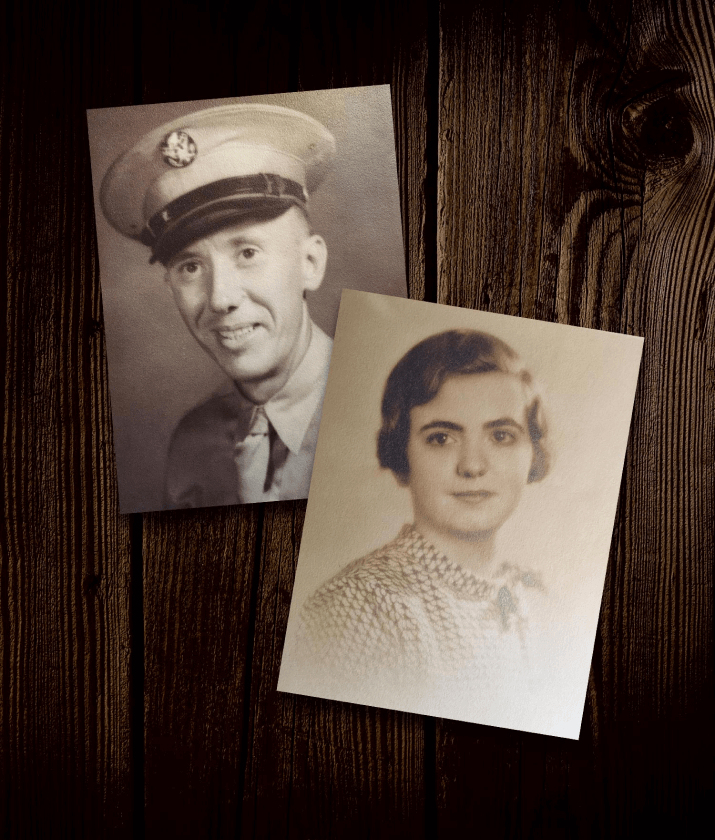Exponential Impact
Planned gifts seed support for decades.What will your legacy be? It is a question that The Pittsburgh Foundation and its affiliate, The Community Foundation of Westmoreland County, have been posing to donors and advisors for generations. Each year, 70 to 80 donors formally establish funds at the foundations through their wills and estate plans. Three to four times as many do not alert the foundations in advance, and their planned gifts come as welcome surprises.
Last year was exceptionally active for planned giving. More than $30 million went to the foundations as estates settled. This includes proceeds from life insurance, stocks and bonds, and other assets. The average annual planned gift total from 2012 through 2021 was nearly $20 million. Some donors memorialize loved ones with planned gifts supporting what mattered most to them in their lifetimes. Other forms of giving, such as charitable remainder trusts, provide financial support to heirs during their lifetimes and only transfer to the foundations after the heirs have died.
Sometimes, in the decades before a planned gift is realized, donated assets increase significantly in value thanks to compounded interest and market performance. That exponential growth translates into a grant-making legacy that far exceeds what donors may have initially imagined, transforming lives and communities.
“The message is that donors, regardless of their level of wealth, can establish a legacy through The Pittsburgh Foundation to forever honor and memorialize loved ones while also providing resources for themselves and their heirs during their lifetimes,” explains Lindsay Aroesty, vice president of Development and Donor Services, and an expert in planned giving.
The Goughs’ Legacy
Siblings Robert and Winifred Gough of West View lived simply, and neither married. Winifred was a secretary for U. S. Steel, and Robert worked at Keller Office Equipment on the North Side. He also quietly invested in the stock market, leaving a sizable fortune when he died in 1989. That year, Winifred established a charitable remainder trust of $2.5 million to provide income to three of their friends and relatives during their lifetimes. She died in 1990. By the time the trust’s assets were transferred to the Foundation in 2021, the value had grown to almost $9 million, of which $4.4 million will be used to make grants to address the greatest needs in the community. The remaining $4 million is designated to benefit the Carnegie Library of Pittsburgh.”

The Diabs’ Legacy
In 2007, Georgette Diab was partially paralyzed in a surfing accident. Her parents, particularly her father, Alfred, who was an engineer, cared for her as she recovered and learned to walk again. She was devastated when, a year after her accident, he died. As a talented engineer herself, she began thinking about how she could actualize his dream of establishing an engineering scholarship. In 2020, her mother, Eugeny, who loved music, died, and Georgette wanted to honor her. Last year, working with attorney C.J. Jacques, she established two scholarships — the Alfred George Diab Engineering Scholarship and the Eugeny Diab Music Scholarship — at her alma mater, the University of Pittsburgh, to benefit students who have experienced disability, homelessness or loss of their parents and have financial need. In her will, Georgette has committed all assets in her estate to these scholarship funds.
The Corbetts’ Legacy
Harry Corbett, who died last November, filled his 98 years with generosity and creativity. As a young man, he served as a Navy lieutenant in World War II. When he returned from WWII, he earned an economics degree from Washington & Jefferson College and began what would be a long and successful career as an insurance executive for MetLife. A lifelong learner, he picked up photography after taking a class at the University of California in Berkeley and later went on to exhibit his work. He also loved chamber music and, in the 1960s, helped form the organization now known as Chamber Music Pittsburgh. After retiring, he volunteered as a reading tutor for Literacy Pittsburgh and remained committed to education. To honor his devotion to education, his family established the Corbett Family Fund to provide scholarships for students in grades K through 6 from Pittsburgh’s Hill District to attend private school.”
Projecting the Impact of Planned Giving
Years may pass between the time a donor decides to leave a planned gift and when the gift comes to the Foundation. This table projects the value of planned gifts that the Foundation expects to receive over the next 10 years. Actual totals will likely be much higher: Compound interest may significantly increase the value of the planned gift, creating exponential impact for grant recipients.

